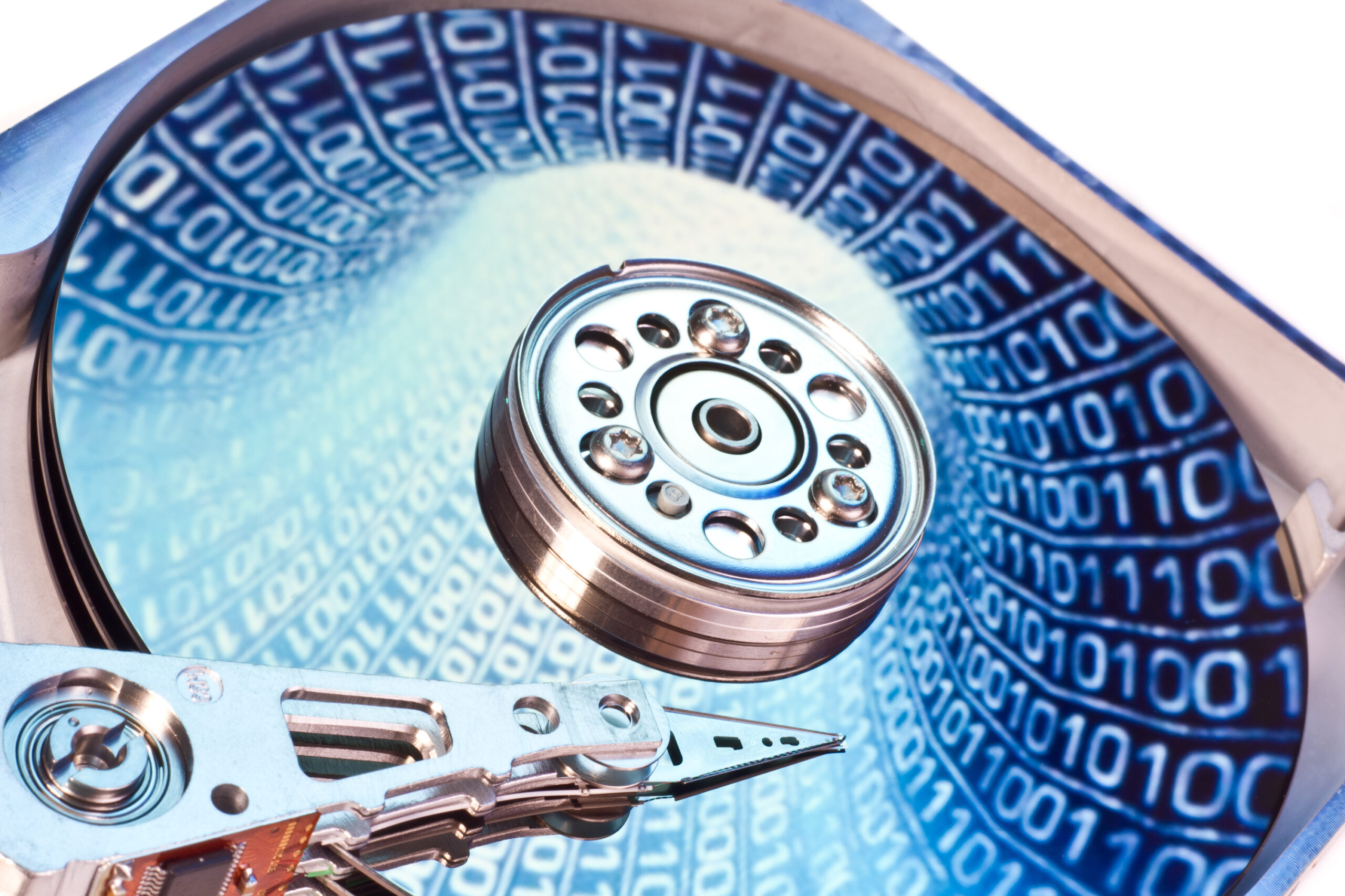In the ever-evolving landscape of cybersecurity, understanding the nuances of hard drive health is crucial. One often overlooked aspect is hard drive fragmentation, a phenomenon that can impact your system’s performance over time. In this Cyber Byte post, we delve into the intricacies of hard drive fragmentation and explore effective strategies to prevent and correct it.
What is Hard Drive Fragmentation?
Hard drive fragmentation occurs when files are stored in non-contiguous clusters on a disk. As files are created, modified, and deleted, the storage space becomes fragmented, leading to slower read and write speeds. This phenomenon is more common on traditional hard disk drives (HDDs) compared to solid-state drives (SSDs).
Causes of Fragmentation:
- File Deletion and Modification: As files are deleted or modified, the operating system may allocate new space for the updated file in a location separate from the original.
- Insufficient Free Space: If there is not enough contiguous free space available, the operating system may have to split a file into fragments and store them in different locations.
- Disk Optimization: In some cases, disk optimization tools or automatic de-fragmentation processes may contribute to fragmentation.
Effects of Fragmentation:
- Reduced Performance: Fragmentation can lead to increased read and write times, affecting overall system performance.
- Increased Wear and Tear: On HDDs, fragmentation can contribute to increased mechanical wear and tear as the drive’s read/write head has to move to different physical locations.
Prevention Strategies:
- Regular Defragmentation: Schedule regular defragmentation sessions using built-in tools like Windows Defragmenter or third-party utilities to optimize file placement.
- Maintain Adequate Free Space: Ensure that there is enough free space on your drive to prevent files from being split into fragments.
- Limit Disk Optimization Tools: Be cautious with third-party disk optimization tools and limit their use to avoid excessive fragmentation.
Correction Strategies:
- Scheduled Defragmentation: If you notice performance issues, initiate a manual defragmentation or schedule regular sessions to address existing fragmentation.
- Disk Cleanup: Remove unnecessary files using disk cleanup tools to create more contiguous free space.
- Upgrade to an SSD: Consider upgrading to a solid-state drive (SSD) as they are inherently less susceptible to fragmentation due to their different data storage technology.
Jonnie’s Thoughts:
Hard drive fragmentation is a reality that can impact the performance and longevity of your storage media. By understanding the causes and effects of fragmentation and implementing prevention and correction strategies, you can ensure that your system operates at its optimal level. Regular maintenance and awareness are key in the ongoing battle against fragmentation, contributing to a smoother and more secure computing experience.
Remember, a well-maintained hard drive is a resilient defense in the face of the ever-evolving challenges of the digital world.



0 Comments